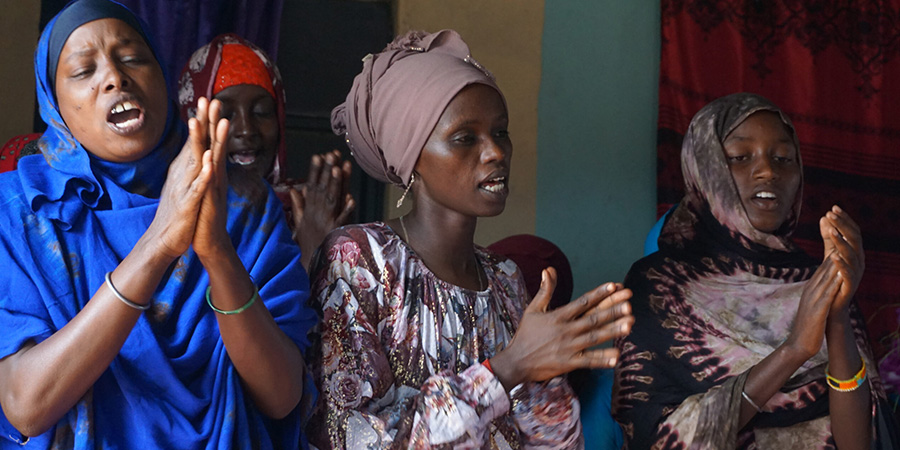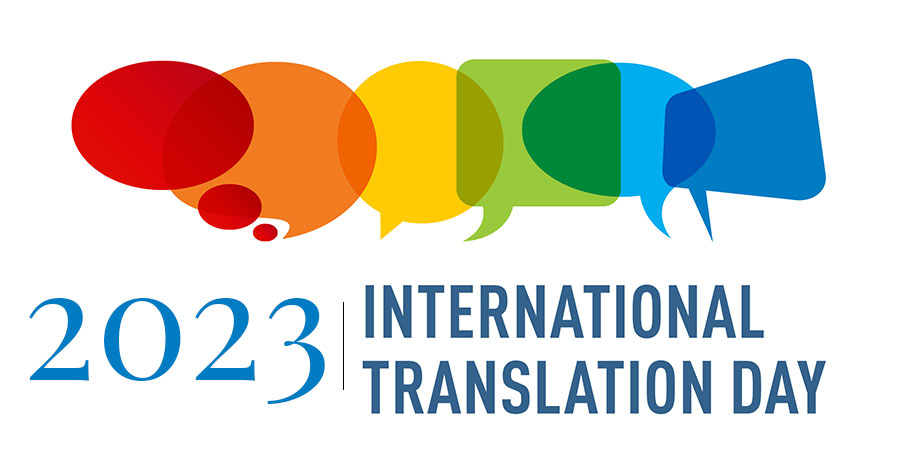Are you faced with the challenge of breaking down language barriers for effective communication? Imagine…
The role of translation in the celebration of Ramadan

Ramadan is an extremely important event across Africa. Translation becomes incredibly vital for enabling individuals from various linguistic backgrounds, alongside diverse cultures, to fully grasp and wholeheartedly partake in the festivities. It allows people to comprehend this highly significant celebration.
Language diversity signifies Africa’s rich heritage, yet poses a challenge during sacred times like Ramadan. With over 2,000 tongues spoken, translation bridges gaps, connecting all to celebrate. Sermons, prayers, texts: rendering these into native idioms allows every community to grasp Ramadan’s profound meaning. Clarity and understanding interweave cultures on this unifying journey.
The Quran is Islam’s sacred text, penned in Arabic. Muslims perform daily prayers in Arabic. However, many African Muslims don’t speak Arabic as their first language. This makes Quran translations vital for grasping its teachings and importance. Numerous African Muslims depend on Quran translations to their native tongues. These help them comprehend the text’s meaning and how it relates to their daily existence.
African nations have unique Ramadan meals tied to regions, ethnic groups. Translations share names, recipes, traditions’ richness. Ramadan brings charity, aid events. Translating details expands reach, fosters giving’s spirit.
Ramadan translations face difficulties in Africa because so many languages exist. Getting the cultural meaning right is crucial for translators. They must know the region’s traditions tied to Ramadan’s religious significance. Short and long sentences describe the challenge well. Complexity arises from cultural differences and language variety across the continent.
Besides being aware of cultural and language variations across Africa, translators have a significant role in celebrating Ramadan on the continent. They can bridge gaps by translating materials related to Ramadan, facilitating communication and fostering cultural understanding. This helps promote empathy and appreciation among diverse communities, strengthening the spirit of Ramadan.
In Africa, translation plays a crucial part during Ramadan. It facilitates communication and understanding, fostering inclusivity and enabling cultural exchange. This process enhances the celebration of this sacred religious event.



